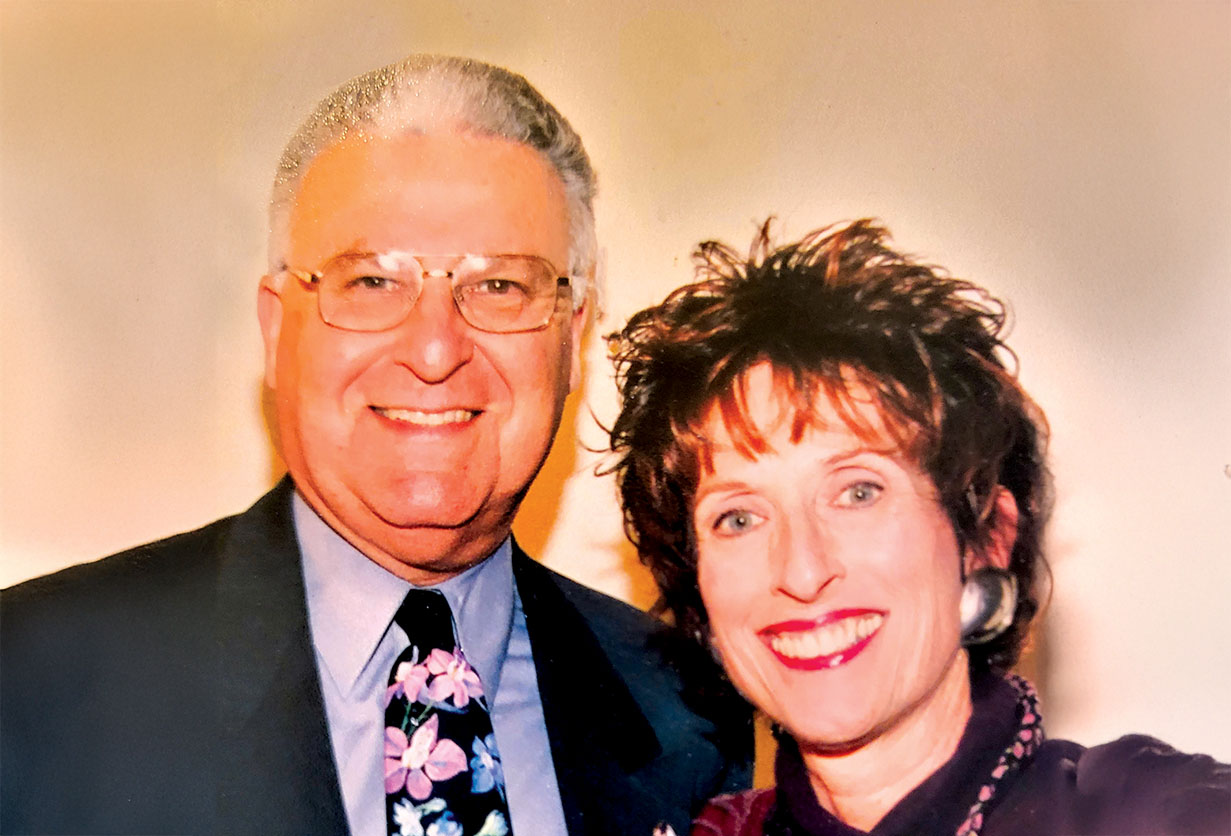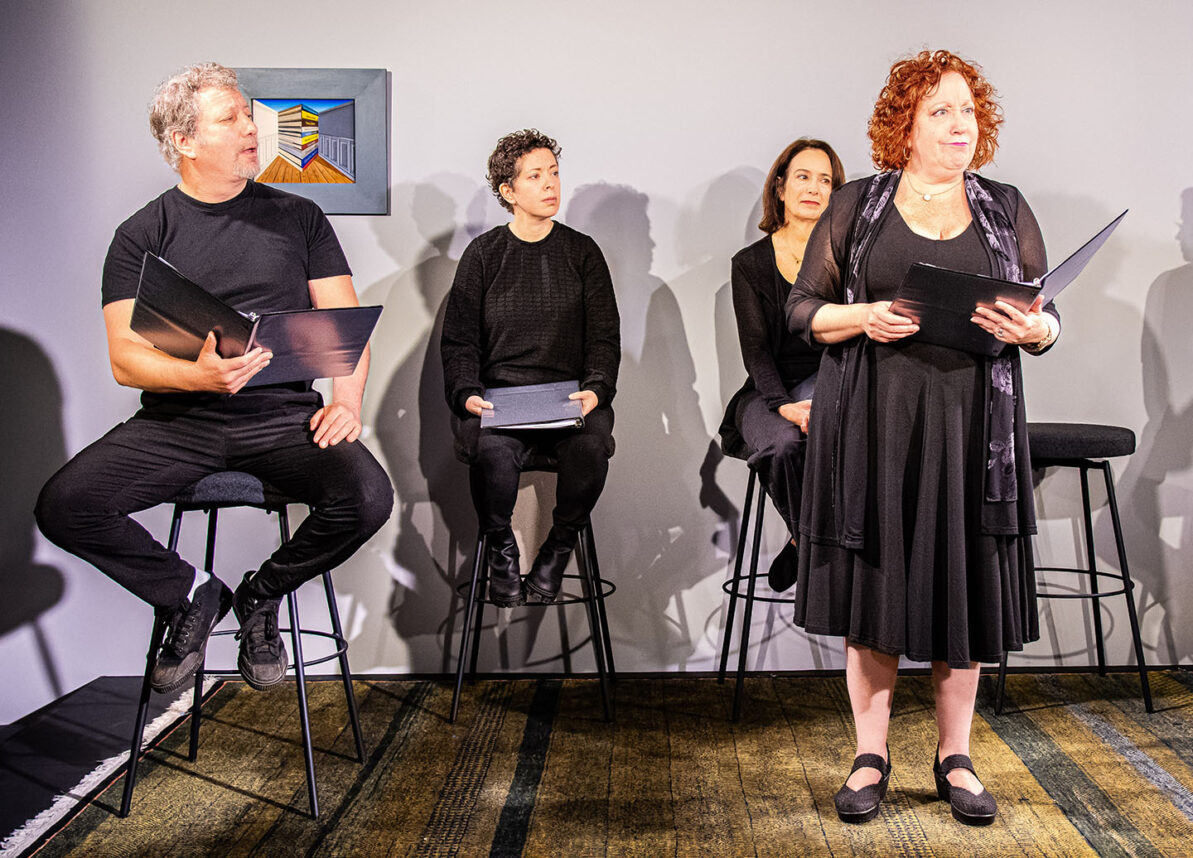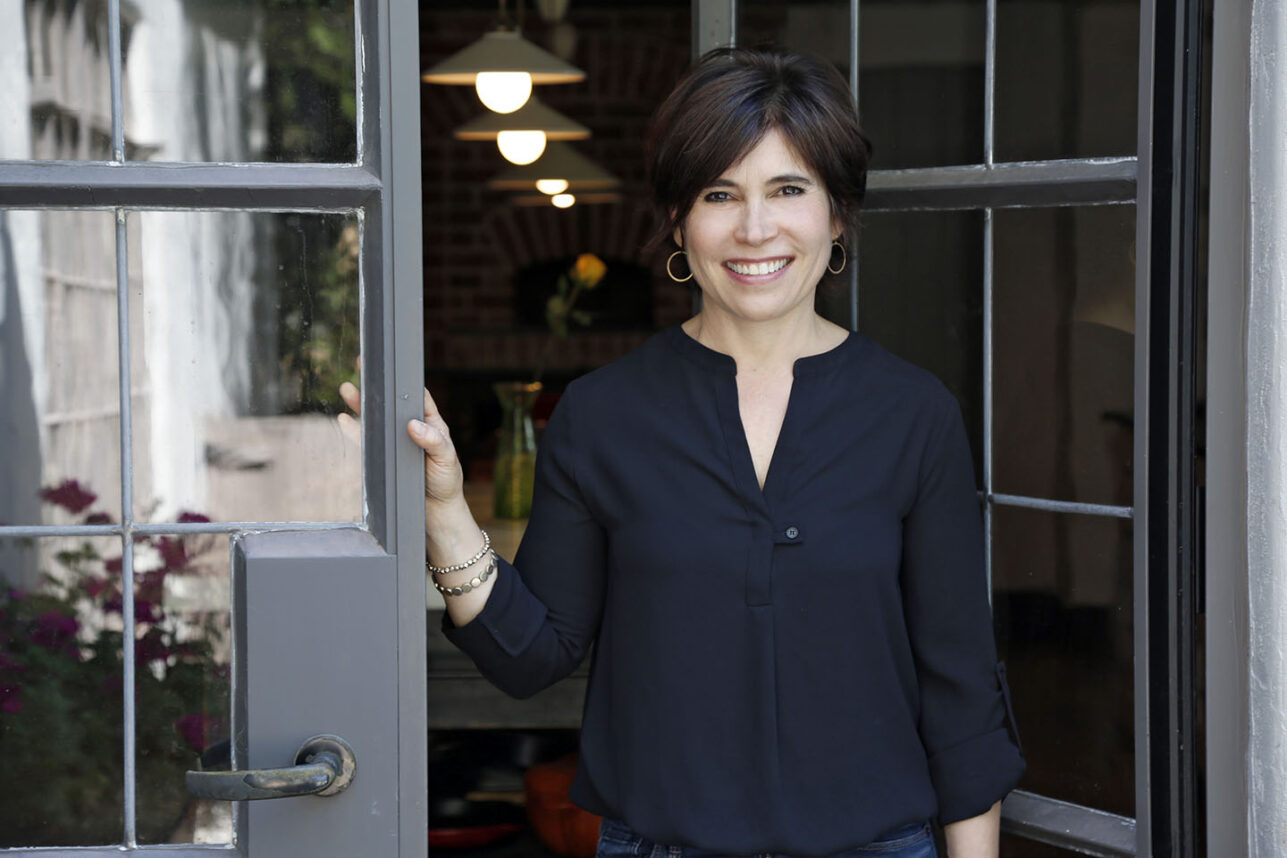“Identify yourself,” Seth says when meeting someone new. “Oh, my deepest apologies,” he’ll tell you, his curled hand over his heart as he delivers a deep bow, if he thinks he has made some kind of error.
Sometimes his face comes very close to yours to get your attention, telling you something that just cannot wait. “I am Sethman, not Sethy,” he reminds us.
“I am an adult. Live long and prosper,” he continues, using a Spock phrase right out of “Star Trek,” talking out loud using the priestly hand gesture, arm outstretched, reminding himself that his favorite TV characters Spock and Captain Kirk are Jewish. In fact, he tells those around him that they are Jewish.
We call his phrases “Seth-isms.”
It was not that many years ago that if you told someone your child had autism they would tell you their child is artistic, too. No kidding! And what about those well-meaning people who would tell you how God chose your home to place this special soul, knowing that you would love and cherish him or her.
How could we be so lucky?
Today we would submit that Seth is probably the best thing that has ever happened to us … or one of the best things anyway. We never have to worry about him ripping off hubcaps. A stickler for following rules, often profoundly shy (unless he knows you) he runs for the hills if he hears foul language on television. But way back when … make no mistake about it; those early years were a real challenge.
The Seth of today is almost always a joy for us. But he’s still so very different, unique.
Seth has often been told he looks like Ben Affleck and Keanu Reeves. That has prompted him to declare that he wants to be an actor. After all, since Ben Affleck and Keanu Reeves are actors, then he should be one, too. That’s logical, isn’t it?
Twice a week he leaves the gates of his transitional program at The Help Group and strolls over to Valley College where he takes an acting class — his favorite thing to do. Popular in his class, he is often used as a straight man. And since Seth can quickly memorize lines and seems to have stage presence, why not become an actor? Stranger things have happened, maybe.
At home you will often see him playing soundtracks from movies while seemingly conducting, using his index fingers for a conductor’s baton.
“I love conducting,” he’ll tell you excitedly.
He’ll pantomime words used by comedians while staring into the mirror, all the time conducting.
Do-gooders might tell you that having a special-needs child is like taking a vacation to Hawaii and winding up in Alaska. Hogwash! Taking a vacation to Hawaii and winding up on Mars is more like it — even when you end up treasuring the results.
As we faced those challenges we gained strength from my research into the life of Albert Einstein, a very unusual human being. In 1988, I began to look into his life, having long ago heard about his quirks and thinking what oddities genius reveals. What if Einstein was like this, too? After all, Einstein’s parents had been very worried about him when he was a baby. His head was unusually large (something being studied today as many children with autism are born with unusually large heads). His grandparents thought he was a dolt. He was a late talker, did poorly in school, was a loner, solitary, suffered from major tantrums, had no friends and didn’t like being in crowds.
What if Einstein had some form of autism? After two years of research with Dr. Edward Ritvo, a highly respected child psychiatrist at UCLA who is now retired, I had come to believe Einstein did have autism. Einstein was unusual his entire life. I spoke about Einstein at autism conventions and wrote about him in my last book. If Einstein did have autism and could do what he did in spite of his autism, or, perhaps because of it, what did this mean for others diagnosed with it?
The number of people now diagnosed with autism is staggering, especially in light of the fact that, not long ago, few had even heard the word. About 1.77 million people in the United States or one out of every 33 boys (boys are diagnosed approximately four times more often than girls) or 166 people per 10,000 have autism.
What was a very rare syndrome in the 1960s is pervasive today. And the numbers keep rising.
Have you heard of Sue Rubin?
Sue is a nonverbal young woman in her mid-20s who has autism. Sue, once thought to be “severely retarded,” is nothing of the kind. Through something called Facilitated Communication, a somewhat controversial form of therapy, it was discovered that Sue was brilliant in mathematics. Sue received a hefty scholarship for college and wrote a screenplay in 2004 titled “Autism Is a World.”
What about Ben Golden?
He is a young man in his mid-30s, nonverbal and autistic. He and his family moved to Israel several years ago. Like Sue, Ben also communicates using Facilitated Communication. That is how his family came to understand just how much their son really knew. Today, people come long distances to visit with Ben. He tells them about themselves and gives them guidance. Those who visit with Ben are frequently in awe. He seems to know things about those who come to see him. Psychic? Who knows. But apparently he’s quite gifted, and his essays can be found on the Internet.
Ben, Sue, Seth — a few names of some unique special-needs people. In the grand scheme of things, maybe it is those with special needs and differences who have the answers. Wouldn’t that be something!
Illana Katz, a former staff writer for Jewish Heritage, has written six books, two of which focus on autism.
Â






















 More news and opinions than at a Shabbat dinner, right in your inbox.
More news and opinions than at a Shabbat dinner, right in your inbox.